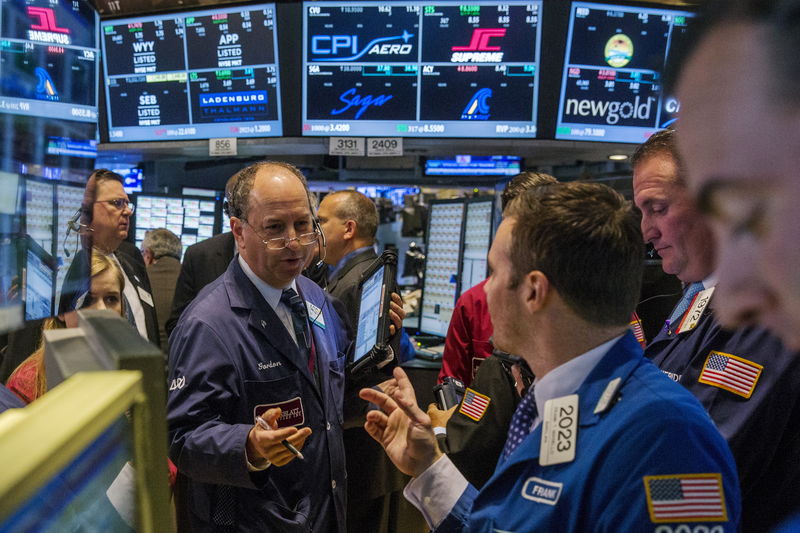By Herbert Lash
NEW YORK (Reuters) - Worries that Greece is edging toward default on its debt drove investors into safe-haven assets on Friday, pushing the dollar and U.S. Treasury prices up and causing a gauge of global equity markets to retreat.
Trading in European markets remained calm as investors hoped an emergency meeting of euro zone leaders next week will keep Greece from defaulting at the end of the month on 1.6 billion euros in debt owed to the International Monetary Fund.
The subdued reaction to the Greek crisis in recent weeks supports the notion that the exposure of Europe's private sector to Greece is minimal, and that a default or a Greek exit from the euro zone would have little impact on the other economies.
Greek shares (ATG), down 17 percent so far this year, rose 0.57 percent even though talks collapsed late on Thursday.
The euro dipped 0.11 percent against the dollar, within recent ranges. Major European stock markets gained, with the exception of Germany.
But the dollar and Treasury prices rose, a sign some investors were seeking safety in those assets. Greeks pulled more than 1 billion euros out of their banks in a single day, banking sources said on Friday.
"Right now, what the market has priced in is a reasonably positive outcome, one that would delay any default," said Millan Mulraine, deputy head of U.S. strategy at TD Securities in New York. "But the markets are still nervous and that's what we're seeing in Treasuries."
Benchmark 10-year Treasury notes (US10YT=RR) were last up 24/32 in price to yield 2.2630 percent.
The dollar index (DXY) was up 0.1 percent after touching its lowest in a month on Thursday. The dollar was down 0.22 percent against the yen
"Greece remains highly combustible, and that's a recipe for dollar strength and risk aversion," said Richard Franulovich, senior currency strategist at Westpac in New York.
Stocks on Wall Street fell, increasing the decline at the close, but the key indexes posted their strongest weekly performance in almost two months.
The Dow Jones industrial average (DJI) closed down 101.56 points, or 0.56 percent, to 18,014.28. The S&P 500 (SPX) slid 11.48 points, or 0.54 percent, to 2,109.76 and the Nasdaq Composite (IXIC) lost 15.95 points, or 0.31 percent, to 5,117.00.
For the week, the Dow rose 0.6 percent, the S&P 500 gained 0.7 percent and the Nasdaq advanced 1.3 percent to a new record high on Thursday, breaking its last standing milestone from the dot-com era.
In Europe, the pan-regional FTSEurofirst 300 index (FTEU3) rose 0.34 percent to close at 1,529.65 but Germany's DAX (GDAXI) fell 0.54 percent.
The main European indexes trimmed gains in late trade as U.S. stocks reversed some of the previous day's sharp advances and the expiry of June stock options added to market volatility.
Uncertainty over Greece meant betting on short-term gains or being long going into weekend were off the table, said Richard Griffiths, associate director at Berkeley Futures in London.
MSCI's all-country stock index (MIWD00000PUS) fell 0.26 percent.
Oil fell to $63 a barrel as concern over Greece and a forecast that U.S. shale oil output would keep growing this year countered signs of a pickup in demand.

Brent crude